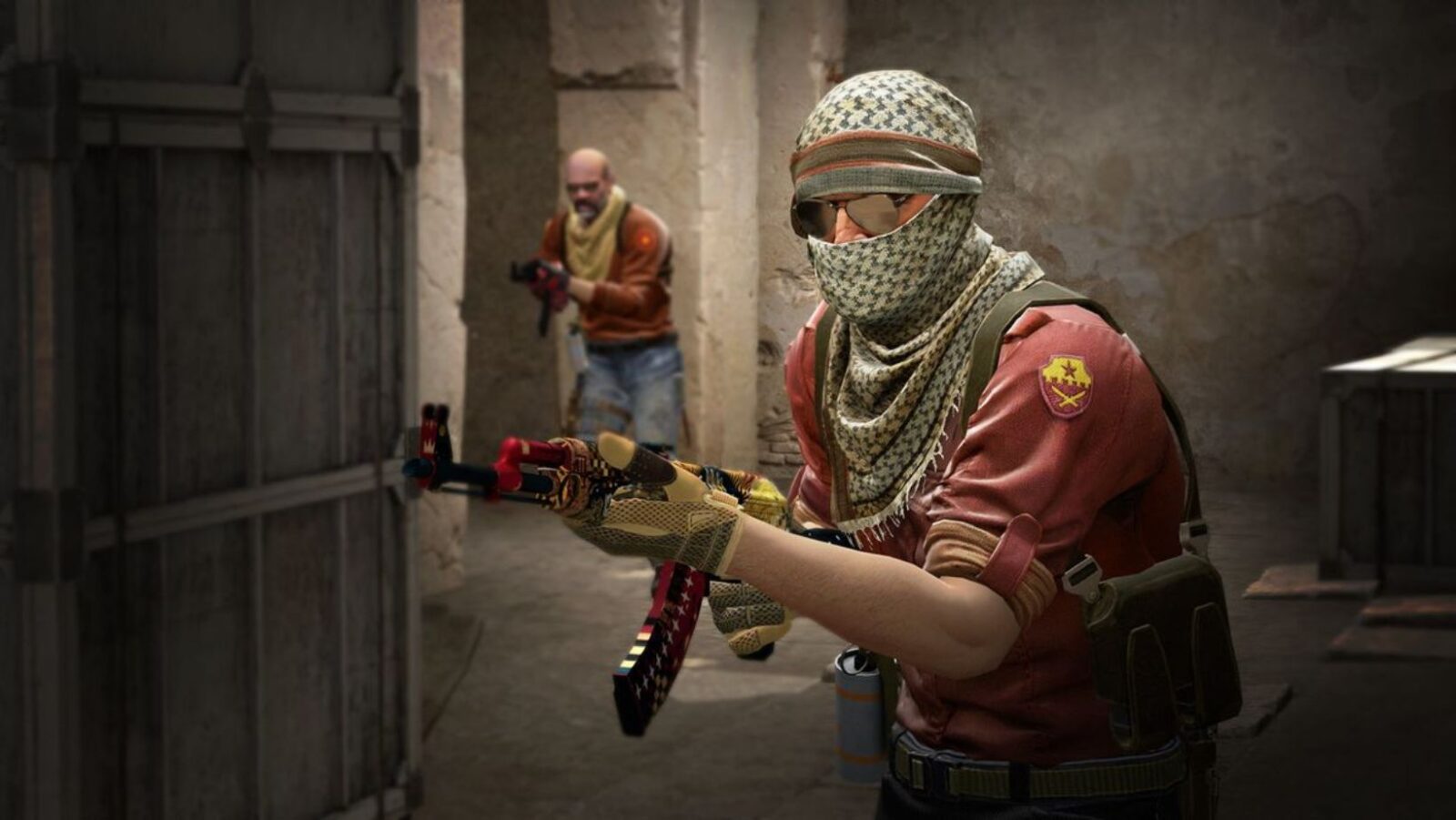Remember when gaming was just about having fun? Those days aren’t completely gone, but today’s digital worlds have become serious business. We’re talking about virtual items – weapon skins, character outfits, rare collectibles – that people actually pay real money for.
Things are getting interesting now: savvy traders are figuring out how to integrate cryptocurrency into their flows. They have taken it to the next level by transferring these virtual goods (as a digital merchant) from one game and platform to another. Instead of transporting silk and spices, however, they’re now moving animated sword skins and luminous armor sets.
Table of Contents
ToggleWhat Exactly Is Cross-Game Arbitrage?
Let’s break this down with a simple example. Imagine you’re at two different farmer’s markets on the same day. At Market A, apples cost $2 per pound. At Market B, the same apples sell for $3 per pound. If you could quickly buy apples at Market A and sell them at Market B, you’d pocket that $1 difference. That’s arbitrage in its simplest form.

In the financial world, traders do this all the time with stocks, bonds, and currencies. They might use tools like a USD to ADA converter to spot price differences for the same cryptocurrency across different exchanges. In gaming, the concept works similarly, but instead of apples or stocks, you’re dealing with virtual items across different games or platforms.
Why Crypto Changes Everything for Gaming Traders
Before cryptocurrency came along, moving money between gaming platforms was a real headache. You’d have to deal with slow bank transfers, hefty fees, and currency conversions that ate into your profits. Crypto flipped the script entirely.
First off, speed is a game-changer. While your bank might take three business days to process a transfer (and that’s if you’re lucky), crypto transactions usually wrap up in minutes or hours. When you’re trying to capitalize on price differences that might disappear quickly, this speed advantage is huge.
Spotting the Golden Opportunities
Finding profitable arbitrage opportunities is part art, part science, and part staying glued to your computer screen. You need to keep tabs on multiple marketplaces at once, watching for moments when similar items are priced differently across platforms.
Certain events shake up gaming markets in predictable ways. When a new competitive game launches, players often flood out of older titles, causing item prices to drop in the old game while potentially driving up demand for the new one. Tournament announcements can create buying frenzies for items in specific games. Holiday events and limited-time offers mess with normal supply and demand patterns.
Smart traders also pay attention to platform-specific changes. When a major marketplace tweaks its fee structure or adds new payment methods, it can temporarily throw off the usual price relationships between different platforms. These disruptions often create windows of opportunity for quick profits.
Managing the Risks (Because They’re Real)
Let’s be honest – this isn’t free money. Cross-game arbitrage comes with real risks that can bite you if you’re not careful.

Market volatility is your biggest enemy. Gaming item prices can swing wildly, especially for popular or newly released items. You might spot what looks like a great opportunity, but by the time you complete the trade, prices could have shifted enough to wipe out your profit or even cause a loss.
Platform restrictions add another layer of complexity. Some marketplaces have withdrawal limits, trading cooldowns, or limitations on certain types of items. Nothing’s worse than buying an item you can’t immediately resell because of some platform policy you didn’t know about.
The Technical Side of Things
To make this work, you need the right setup. We’re talking about fast internet (lag can cost you money), verified accounts on multiple gaming platforms, and enough cryptocurrency readily available to jump on opportunities when they pop up.
Many successful arbitrage traders keep small balances spread across different platforms so they can buy immediately when they spot a deal. But this approach means your funds are scattered across various services, which creates security concerns. A good strategy is using hardware wallets for your main crypto storage while keeping smaller trading amounts on the platforms themselves.
Building a System That Actually Works
Random opportunity hunting might work occasionally, but consistent profits require a systematic approach. This means developing repeatable processes for research, risk assessment, and trade execution.
Many successful traders specialize in specific niches where they can really understand the market dynamics. Maybe they focus on knife skins in competitive shooters, or cosmetic items in battle royale games. Deep knowledge of player communities, competitive scenes, and game update cycles helps predict when arbitrage opportunities might appear.
Building connections within gaming communities can also pay off. Active players often hear about upcoming changes, events, or trends before they hit the mainstream. This insider knowledge can help you position yourself ahead of market movements.
What’s Coming Next
The gaming arbitrage landscape is evolving fast. More games are integrating cryptocurrency and blockchain technology, which should create even more trading opportunities. New platforms are emerging that enable direct trading between different gaming ecosystems, potentially making the whole process more efficient.
As cryptocurrency becomes more mainstream in gaming, these arbitrage strategies will probably become accessible to regular players, not just dedicated traders. But here’s the catch – more participants usually means more efficient markets, which could reduce the size and frequency of profitable opportunities.
Remember, success in cross-game arbitrage isn’t about getting rich quickly – it’s about understanding markets, managing risks, and building sustainable systems that can generate consistent profits over time.






